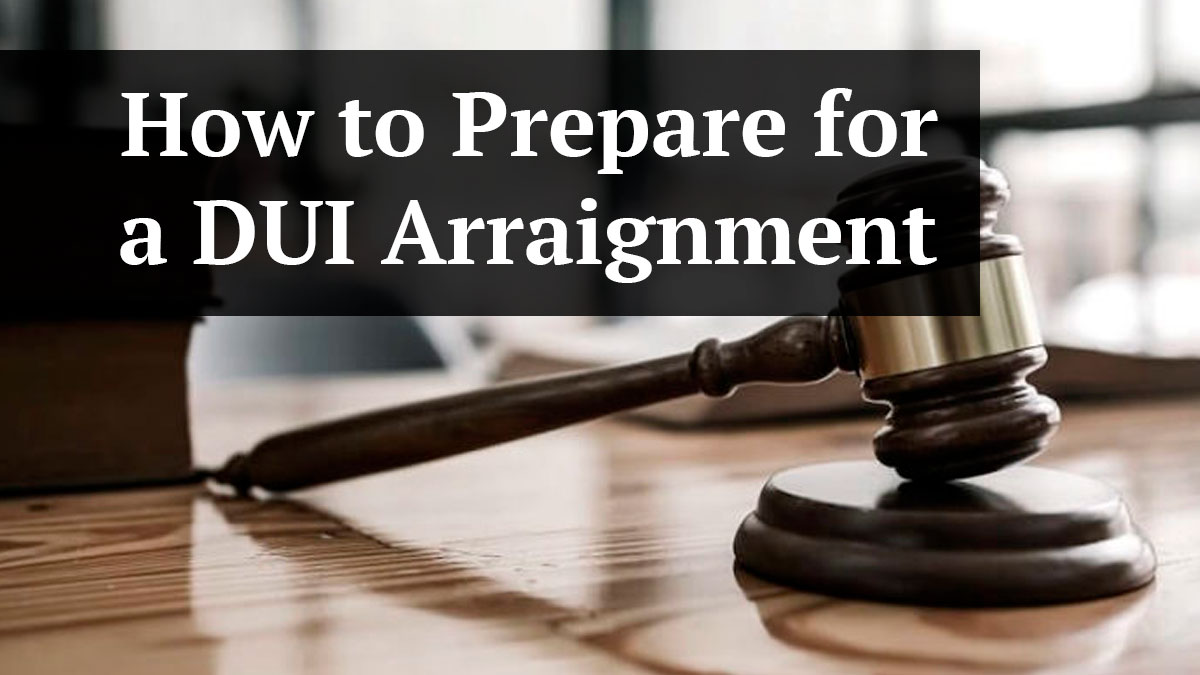Introduction to DUI Arraignment
The arraignment is one of the first formal court proceedings in a DUI (Driving Under the Influence) case. It is where the defendant appears before a judge to hear the charges against them and to enter a plea. For individuals facing a DUI arraignment, understanding what to expect can help alleviate some of the anxiety and uncertainty surrounding the legal process. In this guide, we’ll explore what happens at a DUI arraignment, what to expect during the proceedings, and common questions and answers related to DUI arraignments.
Understanding DUI Charges
Before delving into the specifics of a DUI arraignment, it’s essential to understand the nature of DUI charges and the potential consequences they carry.
What is a DUI charge? Answer: A DUI charge, or Driving Under the Influence, is a criminal offense that occurs when a person operates a vehicle while under the influence of alcohol or drugs, impairing their ability to drive safely.
What are the potential consequences of a DUI conviction? Answer: The consequences of a DUI conviction vary depending on factors such as the offender’s prior record, the severity of the offense, and state laws. Potential consequences may include fines, license suspension or revocation, mandatory alcohol education or treatment programs, community service, probation, and even jail time.
The DUI Arraignment Process
The DUI arraignment marks the beginning of the legal proceedings for individuals charged with DUI offenses. Here’s what to expect during a DUI arraignment:
When does the DUI arraignment occur? Answer: The DUI arraignment typically occurs shortly after the arrest and booking process, usually within a few days to a few weeks, depending on the jurisdiction and court schedule.
Where does the DUI arraignment take place? Answer: The DUI arraignment usually takes place in a local courthouse, where the defendant will appear before a judge along with their legal counsel, if represented.
Procedures During the DUI Arraignment
During the DUI arraignment, several key procedures take place, including:
What happens during the DUI arraignment? Answer: During the arraignment, the judge will read the charges against the defendant, explain their rights, and ask how they plead to the charges (guilty, not guilty, or no contest).
Do I need to hire an attorney for the DUI arraignment? Answer: While it’s not required to have an attorney for the arraignment, it’s highly recommended, especially for DUI cases. An experienced DUI attorney can provide legal advice, represent the defendant’s interests, and negotiate with the prosecutor on their behalf.
Entering a Plea
One of the primary purposes of the DUI arraignment is for the defendant to enter a plea to the charges.
What plea options are available at the DUI arraignment? Answer: The defendant typically has three plea options: guilty, not guilty, or no contest (also known as nolo contendere). Each plea has different implications and consequences, so it’s essential to understand them before making a decision.
What happens if I plead guilty at the DUI arraignment? Answer: If the defendant pleads guilty, the case will proceed to sentencing, where the judge will impose penalties based on the severity of the offense and any applicable sentencing guidelines.
Conclusion
The DUI arraignment is a crucial stage in the legal process for individuals charged with DUI offenses. By understanding what to expect at the arraignment, including the procedures involved and the plea options available, defendants can be better prepared to navigate the proceedings and make informed decisions about their case. If you have further questions or need assistance with a DUI arraignment, consult with a qualified DUI attorney for personalized guidance tailored to your specific situation.

